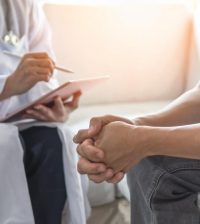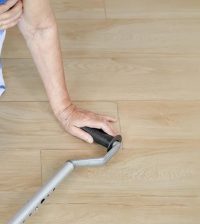- E. Coli Outbreak Linked to McDonald’s Quarter Pounders Widens to 75 Cases in 13 States; 22 Hospitalized
- Weight-Loss Surgeries Decline 25% as More Americans Turn to GLP-1 Meds
- Burger King, Other Fast Food Chains Also Pulling Onions Tied to E. Coli Outbreak
- CDC Confirms Second Human Bird Flu Case in Missouri With No Known Exposure to Farm Animals
- CDC Says Some People May Need Extra Dose of COVID Vaccine
- Wildfires Are Gaining Speed in Western U.S., Upping Threat to People
- People’s Brains Now Process Texts Almost as Quickly as Pictures
- There’s Still Confusion on How to Spot, Treat Severe Allergic Reactions
- What Works Best to Ease MS-Linked Fatigue? New Study Finds Out
- Are ‘Elimination Diets’ Much Help Against Child Eczema?
Guard Against Hearing Loss From Fireworks
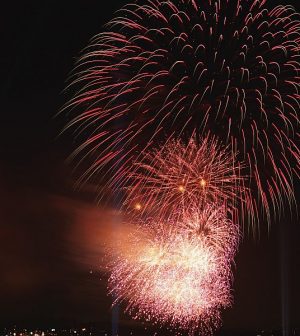
Watching a fireworks display can be a treat for your eyes, but the noise can be a threat to your ears.
If you plan on watching fireworks this Fourth of July, there are a number of things you should do to protect your hearing, according to Dr. Maria Suurna. She is an otolaryngologist (ear, nose and throat doctor) at NewYork-Presbyterian/Weill Cornell Medical Center in New York City.
“The best way to prevent noise-induced hearing loss is to avoid loud noise exposure. Exposure to sounds above 85 decibels (dB) can lead to temporary or permanent hearing loss,” she said in a hospital news release.
Maintain a safe distance from the source of fireworks, Suurna advised.
Be sure to protect children and infants from loud fireworks. They’re more likely to suffer hearing damage at lower noise levels than adults, she explained.
“If you cannot avoid excessive firework noise, it’s recommended to wear hearing protection devices, such as earplugs and earmuffs,” Suurna said.
Be alert for symptoms of possible hearing damage, such as ringing in the ears, as well as ear fullness, pressure or pain. See your doctor if you develop symptoms or suspect hearing loss after watching fireworks, Suurna suggested.
More information
The U.S. Consumer Product Safety Commission has more on fireworks safety.
Source: HealthDay
Copyright © 2024 HealthDay. All rights reserved.

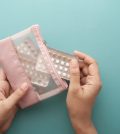
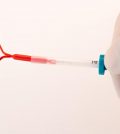

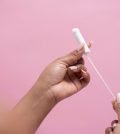
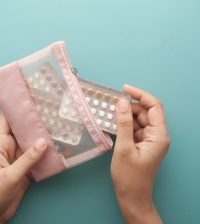
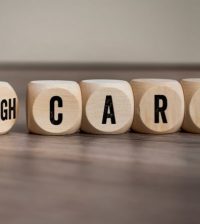
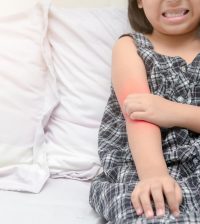
-200x224.jpg)
